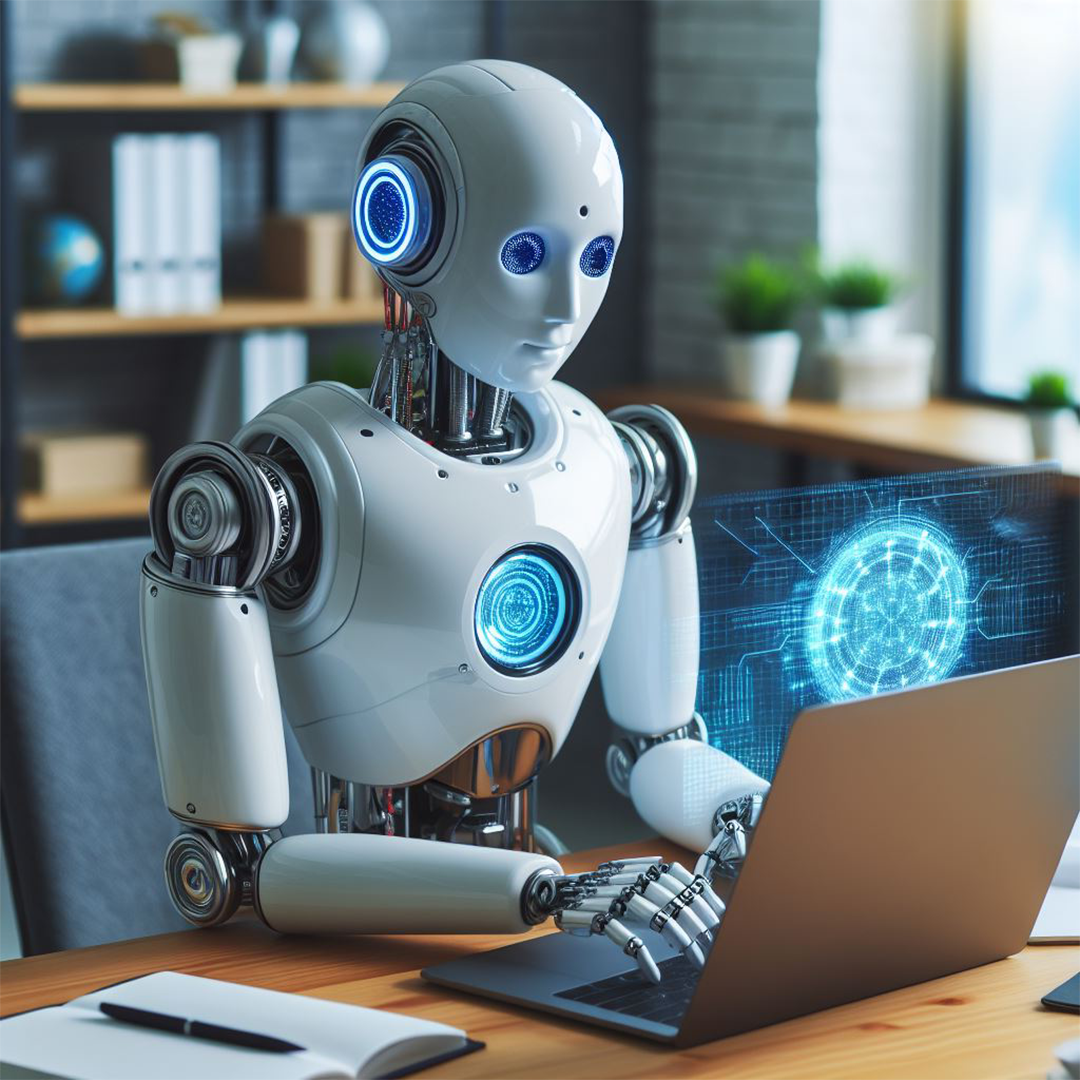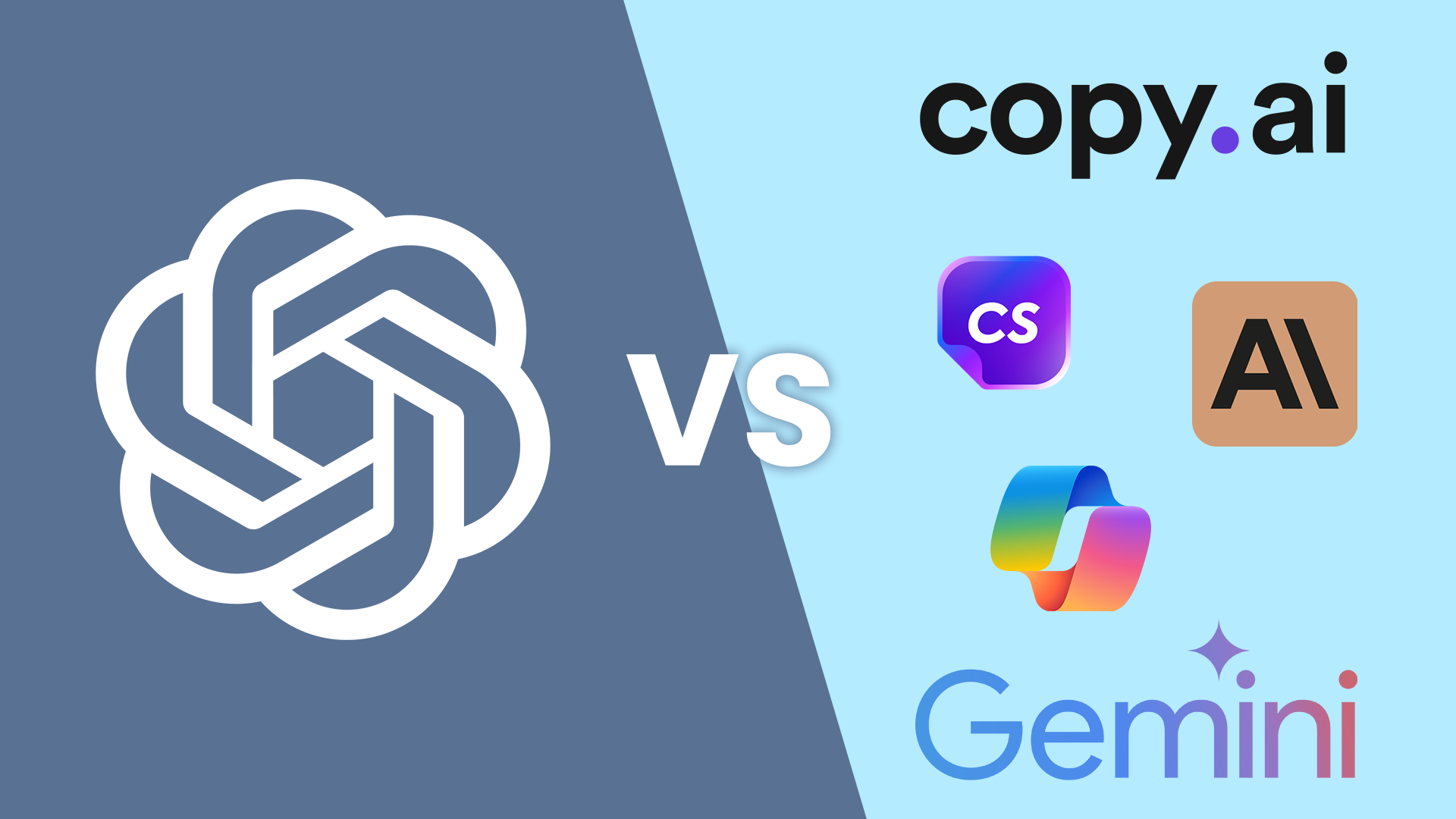Enterprise resource planning or ERP Systems have revolutionized businesses’ operations by providing a single, centralized software solution that integrates various business functions. These functions include finance, supply chain management, inventory control, human resources, and customer relationship management. As a result, an ERP system can help streamline business operations and provide critical insights into an organization’s performance. But with the rise of artificial intelligence (AI), ERP systems are becoming even more powerful, providing greater automation, predictive analytics, and personalized experiences. In this article, we’ll explore the role of AI in ERP systems and how it can enhance business operations.
What is AI, and How Does it Work in ERP Systems?
AI is a branch of computer science that focuses on creating intelligent machines that can perform tasks that typically require human intelligence, such as reasoning, problem-solving, and decision-making. In addition, AI relies on algorithms and data to learn and improve over time, making it a valuable tool for ERP systems.
In ERP systems, AI can automate repetitive tasks, provide predictive analytics, and improve the user experience. In addition, AI algorithms can learn from data inputs and provide insights that help businesses make informed decisions, such as forecasting demand, optimizing inventory levels, and identifying potential supply chain disruptions.
AI can also automate routine tasks like data entry, invoicing, and inventory tracking. This can save time and reduce errors, freeing up employees to focus on more complex tasks that require human intelligence.

How AI Enhances Business Operations in ERP Systems
- Automation and Efficiency
One of the primary benefits of AI in ERP systems is automation. AI algorithms can automate routine tasks, reducing the risk of errors and freeing up employees to focus on more complex tasks that require human intelligence. This can increase efficiency and productivity, reducing costs and improving customer satisfaction.
For example, AI algorithms can be used to automate invoice processing, reducing the need for manual data entry and improving accuracy. AI can also automate inventory management, predicting demand and optimizing inventory levels to reduce waste and improve customer service.
- Predictive Analytics
AI can also provide predictive analytics, enabling businesses to make informed decisions based on data insights. Predictive analytics can help businesses forecast demand, optimize inventory levels, and identify potential supply chain disruptions. By analyzing historical data, AI algorithms can provide insights that help businesses make better decisions, reducing waste and improving efficiency.
For example, predictive analytics can forecast demand for a particular product, allowing businesses to optimize production levels and reduce waste. Predictive analytics can also be used to identify potential supply chain disruptions, allowing businesses to take proactive measures to mitigate risks.
- Personalized Experiences
AI can also be used to provide personalized experiences for customers, improving customer satisfaction and loyalty. By analyzing customer data, AI algorithms can provide insights that help businesses tailor their products and services to meet the needs of individual customers.
For example, AI algorithms can be used to analyze customer purchase history and preferences, recommending products and services that are likely to be of interest. AI can also be used to provide personalized customer service, such as chatbots that can answer customer queries and provide support.
- Improved Decision-Making
AI can also improve decision-making in ERP systems by providing real-time data insights. By analyzing data in real-time, AI algorithms can provide insights that help businesses make informed decisions quickly, reducing the risk of errors and improving efficiency.
For example, AI algorithms can be used to analyze production data, identifying bottlenecks and inefficiencies that can be addressed to improve performance. AI can also be used to analyze financial data, identifying areas for cost reduction and optimization.
Conclusion
AI is transforming the way businesses operate, providing new opportunities for automation, efficiency, and improved customer experiences. In ERP systems, AI can be used to automate routine tasks, provide predictive analytics, and improve decision-making.
NPEC can help your company get started with a brand new ERP System! Just contact us here!




